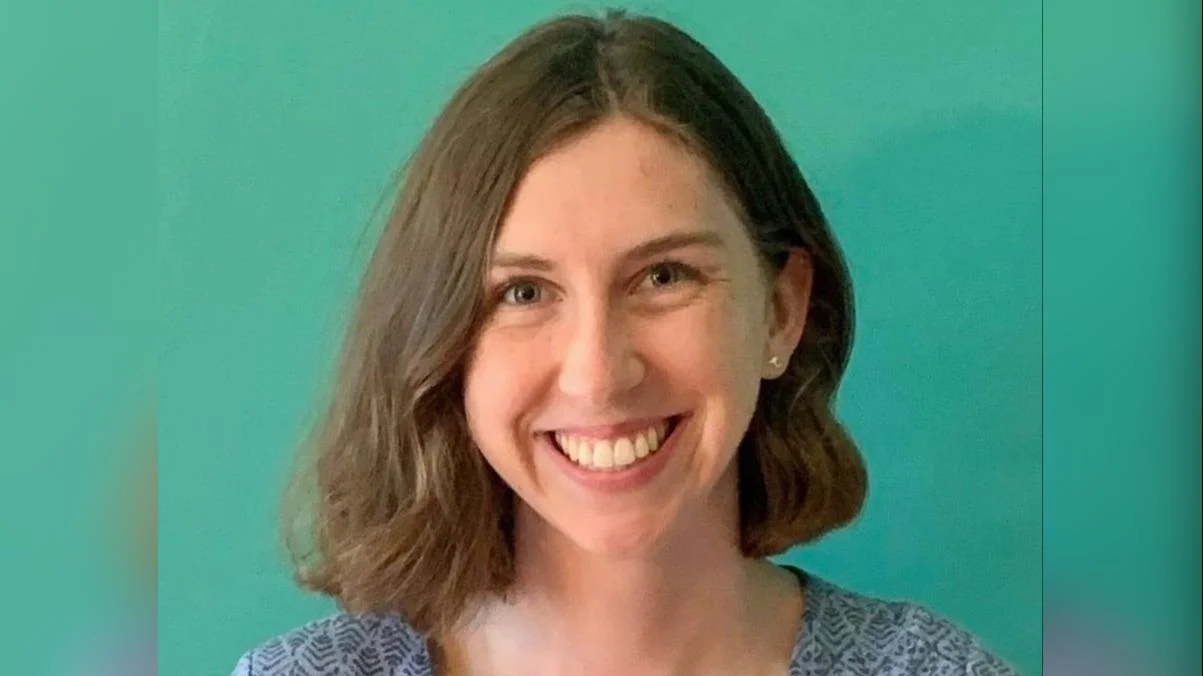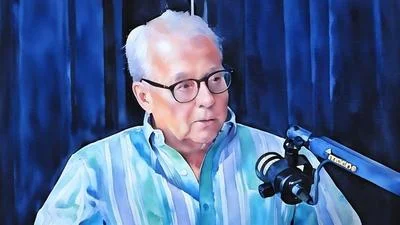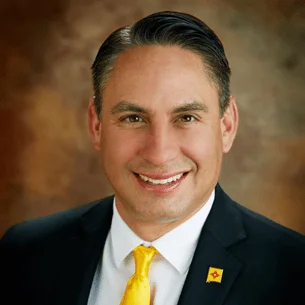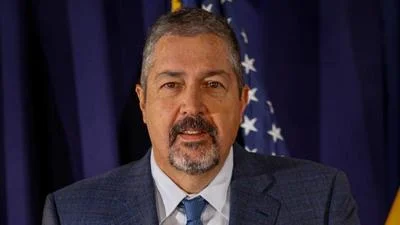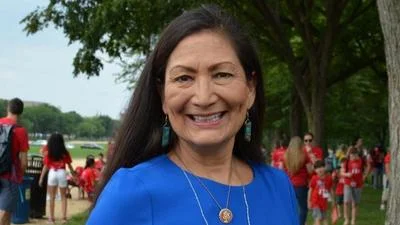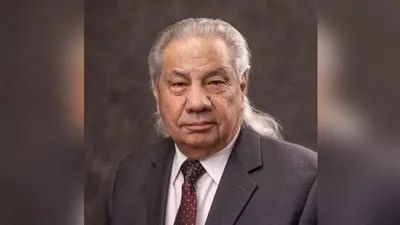The Rev. Harry Eberts recently addressed the intersection of faith and climate change in a publication left at a local coffee shop. The cover bore the phrase, "They thought they could bury us. They didn’t know we were seeds." Eberts connected this sentiment to resilience and resurrection, drawing parallels to the story of Jesus.
Eberts emphasized the Greek term "ekklesia," meaning a public assembly rather than a church building or denomination. He argued that addressing climate change is a modern-day cosmic crisis requiring action from the Church. He acknowledged potential objections about political involvement but pointed out historical precedents where the Church engaged in social issues such as abolition, civil rights, and peace movements.
Highlighting current environmental challenges like wildfires and rising seas, Eberts stressed that these are not distant warnings but present realities. He asserted that this issue is not solely scientific but also moral, justice-oriented, and spiritual. Those most affected by climate disruption are often marginalized groups—individuals Jesus historically championed.
Eberts urged for an inclusive approach to prayers and actions within the Church, suggesting that budgets, buildings, and energy use should reflect care for creation. He called for courage and faith in reclaiming the Church's voice on this matter.
Concluding his message with a call to action, Eberts stated: "Let us be the seeds. Let us be the saints. Let us be the ekklesia the world needs right now."
